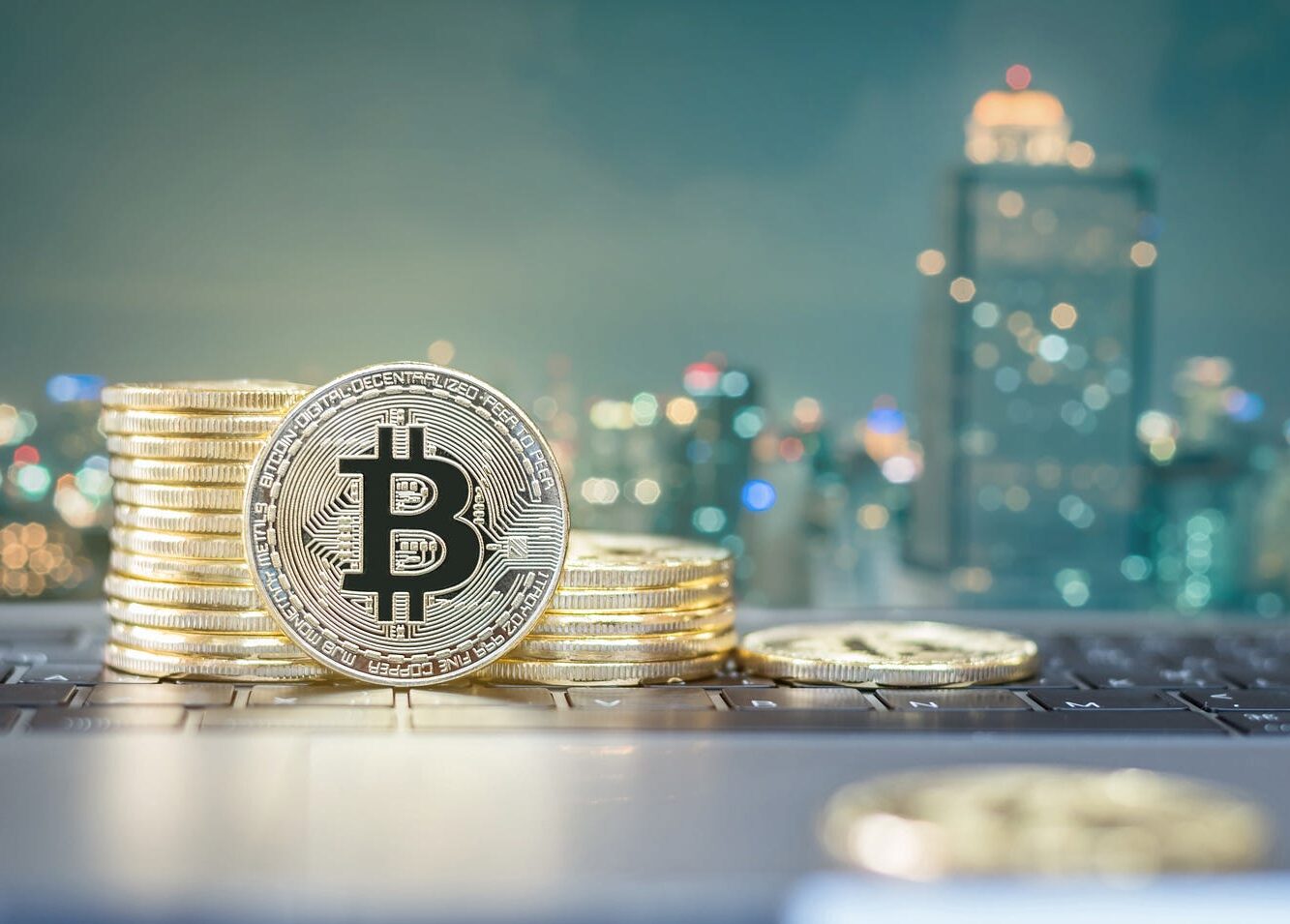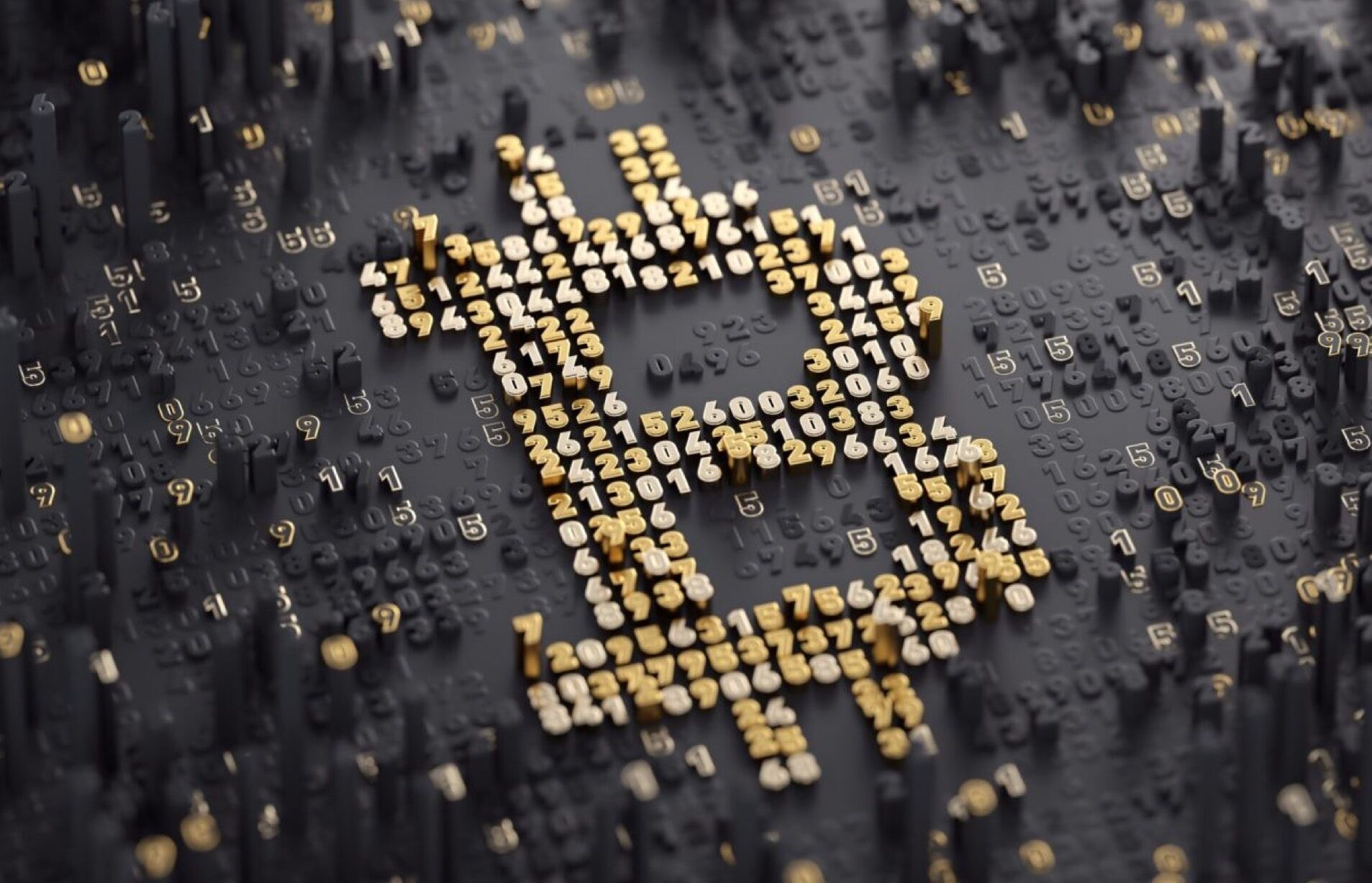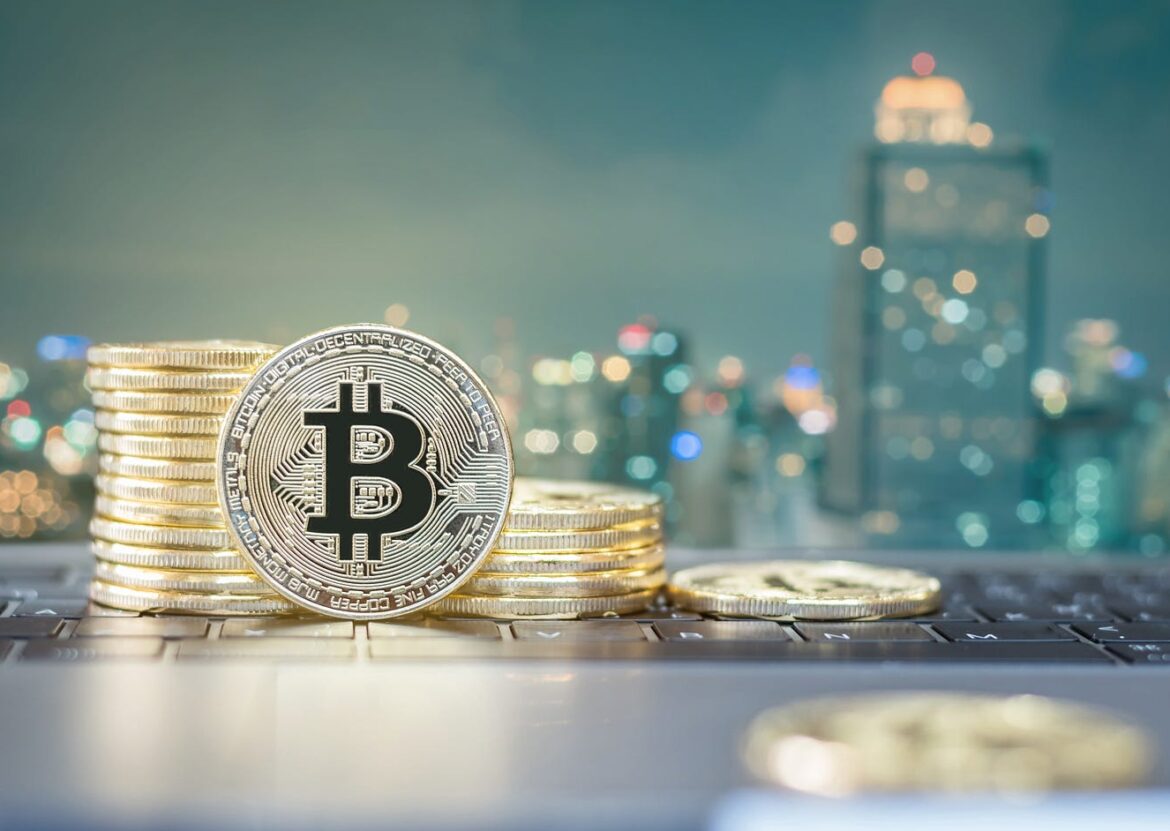Bitcoin digital currency era, Bitcoin is more than just a buzzword. It is a revolutionary financial technology that has changed how the world thinks about money, values, and decentralisation. During the 2008 financial crisis, Bitcoin was established as a decentralised alternative to regular money. It offered a new way for people to control their money. Since it was first created, it has changed from a cryptography experiment to a popular asset class that millions of people use, institutional investors are interested in, and regulators are paying attention to all around the world.
Origins of Bitcoin Explained
In 2008, a mysterious person named Satoshi Nakamoto wrote a white paper called “Bitcoin: A Peer-to-Peer Electronic Cash System” that suggested the idea of Bitcoin. Satoshi Nakamoto created this digital currency to simplify internet payments, eliminating the need for banks and centralised intermediaries. This block contained a message regarding a bank bailout, symbolising the origins of Bitcoin’s ideas.
We still don’t know who Satoshi Nakamoto is, but the codebase and early communications show that he or she knew a lot about economics, cryptography, and software engineering. Bitcoin’s architecture was the first successful use of blockchain technology, which is a decentralised network of nodes that keep track of transactions on a distributed, unchangeable ledger.Bitcoin digital currency
How Bitcoin Mining Works
Bitcoin works on a decentralised, peer-to-peer network that miners and full nodes keep running. Mining is the process of adding blocks of transactions to the blockchain. It uses a consensus mechanism called Proof of Work (PoW). Miners get fresh bitcoins as block rewards and transaction fees for completing challenging math problems as part of this process. The protocol behind Bitcoin makes it difficult to get more of it. There will only ever be 21 million bitcoins. The rewards for mining will halve every four years.
 This deflationary mechanism is different from fiat currencies that cause inflation, and it has led to stories about Bitcoin being “digital gold.”. Users are solely known by their cryptographic wallet addresses; therefore, transactions are not public. Public and private keys keep things safe. Private keys give you ownership of bitcoins. Because the blockchain is decentralised, no person or group can change transaction records.Bitcoin digital currency
This deflationary mechanism is different from fiat currencies that cause inflation, and it has led to stories about Bitcoin being “digital gold.”. Users are solely known by their cryptographic wallet addresses; therefore, transactions are not public. Public and private keys keep things safe. Private keys give you ownership of bitcoins. Because the blockchain is decentralised, no person or group can change transaction records.Bitcoin digital currency
Bitcoin as Investment Asset
People have used Bitcoin to pay for goods, store money, and hedge against inflation over the past decade. Its restricted supply and decentralised issuance attract investors seeking alternatives to fiat currencies and traditional assets. Business leaders including MicroStrategy CEO Michael Saylor and Twitter and Block co-founder Jack Dorsey have supported Bitcoin’s place in money’s future. Tesla and Square have added Bitcoin to their balance sheets, indicating gradual institutional interest. Bitcoin Exchange-Traded Products (ETPs) allow normal investors to participate in regulated financial markets. Venezuela and Zimbabwe, who are experiencing hyperinflation, have also shown interest in Bitcoin to safeguard buying power and make sending money abroad simpler.
Bitcoin’s Expanding Blockchain Ecosystem
Bitcoin started a whole ecosystem of decentralised apps and blockchain-based products. Bitcoin is a good example of a cryptocurrency because it doesn’t change its protocol or add new features to smart contracts too often. Layer-2 solutions, like the Lightning Network, have been made to make Bitcoin more scalable by letting people make quick, low-cost transactions without putting too much strain on the base blockchain.
 These technological enhancements aim to simplify Bitcoin’s everyday payment process while maintaining its safety and decentralised nature. Bitcoin is also very important for the decentralised finance (DeFi) movement, where it is often turned into tokens and used as collateral for several DeFi protocols. Bitcoin has also led to the creation of new cryptocurrencies that focus on privacy, new ways to reach consensus, and new ways to control cryptography.
These technological enhancements aim to simplify Bitcoin’s everyday payment process while maintaining its safety and decentralised nature. Bitcoin is also very important for the decentralised finance (DeFi) movement, where it is often turned into tokens and used as collateral for several DeFi protocols. Bitcoin has also led to the creation of new cryptocurrencies that focus on privacy, new ways to reach consensus, and new ways to control cryptography.
Global Bitcoin Regulation Landscape
Governments, regulatory agencies, and central banks have all responded to the growth of Bitcoin. Some countries, like El Salvador, have accepted Bitcoin as legal money, but others are still unsure or even against it. S. The Securities and Exchange Commission (SEC), the Commodity Futures Trading Commission (CFTC), and the Internal Revenue Service (IRS) have all told people in the United States how to handle Bitcoin. The rules and regulations throughout the world are constantly changing. They have to find a balance between the need for control and the need to encourage new ideas.
Final thoughts
Bitcoin has many obstacles despite its success. Proof-of-work mining causes excessive energy usage, which environmentalists and lawmakers have questioned. People are using renewable energy and improving mining technology to make mining greener. Due to its volatility, some people and businesses avoid using Bitcoin for daily transactions. However, Bitcoin’s resilience and expanding use in the global financial system indicate a promising future. Bitcoin may continue to change how we think about money in the digital era as more people learn about it, technology improves, and regulations clarify.



